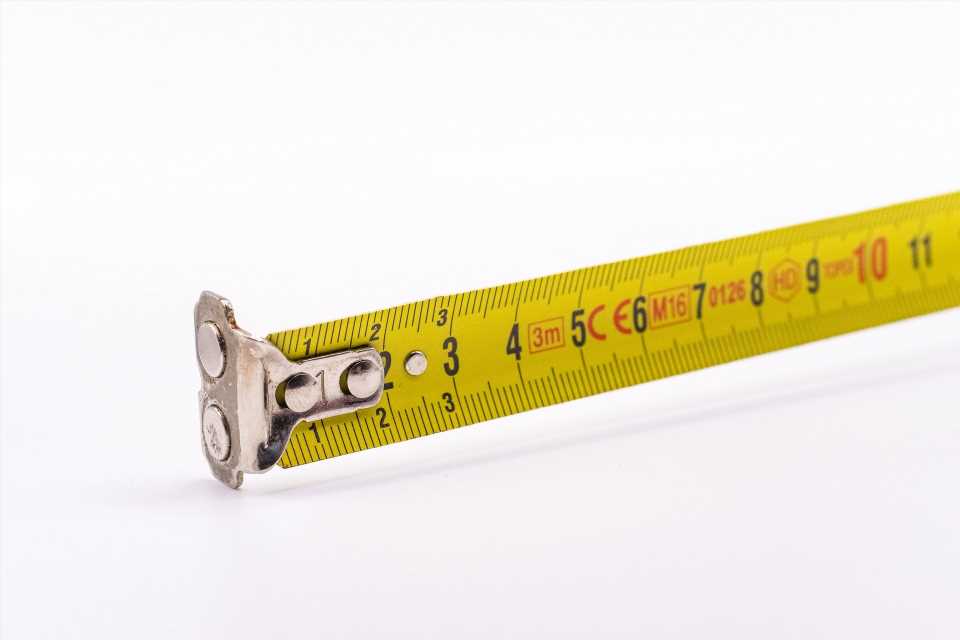Calculating a budget for moving requires careful planning and consideration of various factors that can significantly impact the overall cost. If you understand the principles by which movers rates Tampa are estimated, you can more or less precisely calculate your moving budget and compare it to the quote rate you’ll get from the movers. So what are the factors that determine the price of a move?
1. Distance of the move
If you are moving within the same city or nearby, the cost will mainly depend on the hourly rates of moving companies, fuel charges, and the time taken to complete the move. For interstate or cross-country moves, costs are usually calculated based on the distance traveled and the weight or volume of your belongings. The farther the distance, the higher the cost due to fuel, tolls, and additional labor.
2. Size of the move
Take inventory of all your belongings to estimate the size of your move. The amount of furniture, appliances, and personal belongings you are moving plays a significant role in determining the overall cost. Long-distance moves often use weight as a pricing factor. A moving company will typically weigh the truck before and after loading to determine the total weight of your items.
3. Type of Moving Service
Decide whether you need a full-service moving company or if a DIY approach works for you. The full-service option is the most expensive but includes everything — packing, loading, transporting, unloading, and unpacking. It is ideal for those who prefer convenience or are moving long distances. You can opt to pack and unpack yourself, while hiring professionals for loading, transporting, and unloading. Renting a moving truck and handling the entire process yourself is usually the cheapest option, but you’ll need to budget for truck rental, fuel, and possible helpers for heavy lifting.
4. Packing Materials
Estimate how many boxes and supplies you will need, and shop around for affordable options. You will need packing supplies such as boxes, tape, bubble wrap, and packing paper. Specialty items like wardrobe boxes, mattress covers, and protective padding for fragile items can also add to the cost. Consider renting reusable plastic moving boxes, which can sometimes be cheaper than buying cardboard boxes.
5. Storage Costs
Determine if you’ll need short-term or long-term storage and include this in your budget. Usually such service is needed when there is a gap between your move-out and move-in dates. Storage fees vary depending on the size of the unit and the duration of storage.
6. Insurance and Liability Coverage
Decide whether basic or full-coverage insurance is necessary based on the value of your belongings, and factor this into your moving budget.
Basic liability coverage only covers a fraction of the actual value of your belongings. Full-value protection covers the actual value or replacement cost of your items in case of damage or loss but comes at an additional cost. Third-party moving insurance will get you more comprehensive coverage.
7. Additional Costs
Research potential additional costs and include them in your moving budget. Things that demand additional budget are:
- Temporary Housing: If your new home is not ready upon arrival, you may need to budget for hotel stays, meals, and other temporary living expenses.
- Utility Setup: Moving into a new home often requires new utility setup fees, such as electricity, water, internet, and gas connections.
- Permits: Some cities require parking permits for moving trucks, especially in dense urban areas.
- Cleaning Services: You may need to hire a cleaning service for your old home after you’ve moved out or your new home before moving in.
8. Moving Date
If possible, plan your move during off-peak times (so in other words, avoid summer or weekends) to save on moving expenses.
